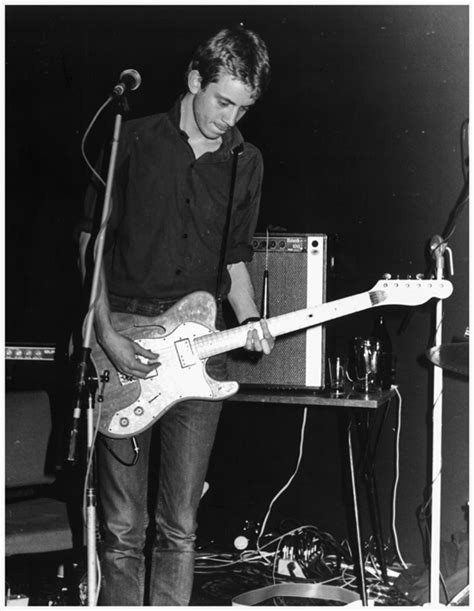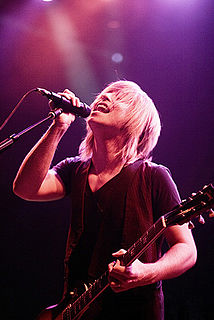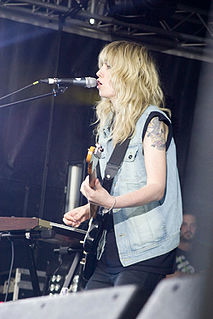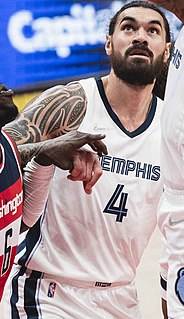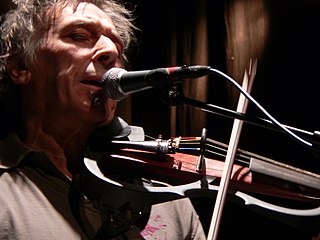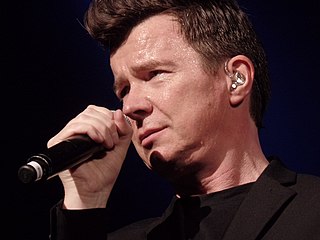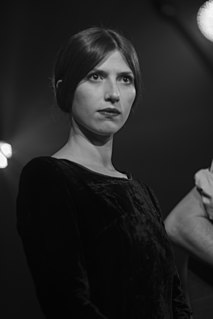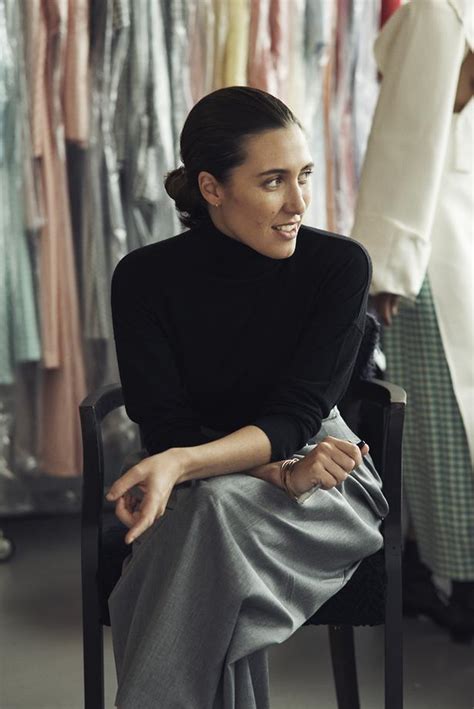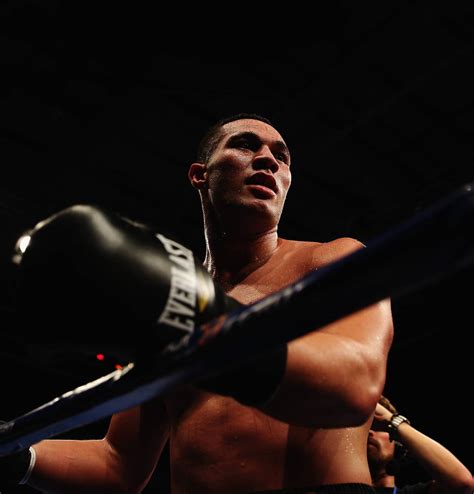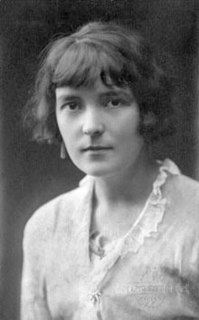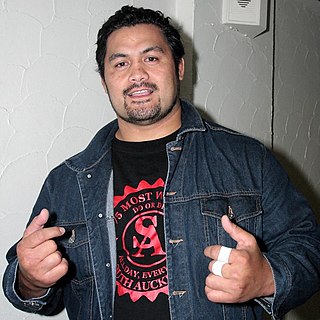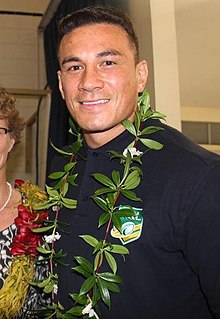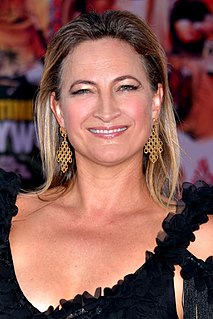A Quote by Roy Montgomery
One thing that influenced me in the States when I was doing this recording was American people feeding me things like Arnold Dreyblatt, even things I should've heard back in New Zealand like Peter Jefferies and Jono Lonie 'At Swim 2 Birds.
Related Quotes
In New Zealand we had this colossal squid, which was discovered just off the shores of New Zealand, between New Zealand and Antarctica back in 2003. It's the biggest squid ever found, and I know that there's things living down in the depths of the ocean that do explain the Kraken - you know, these giant things that people saw back in the day, that could take ships down - and so I know that there's stuff out there, and I like the idea that we haven't solved everything yet.
What happens is people - especially, I think, audiences in the United States - people confront new things a little bit afraid. It's like when you're a kid and your mother puts something on your plate you never ate before. I think that American audiences are very much like that, and when they can accept something new they can accept the next new thing, it's incredible. And what happens is that their expectation of what things should be is elevated, and that's really terrific for us.
I see what those people are doing with computers and it's just the new way of doing things and I don't look down on them for it, it's kind of funny that there are a lot of people - and I don't even care, this isn't me being like "well I do this" - but there are definitely people who are like: "Yeah I played all that."
A lot of musicians have said things to me like, "Music saved my life". And "I'm standing on the shoulders of dozens of people that you've never heard of that were like angels for me that came out of the woodwork." And that's really the case for me. I had so many people that did those kinds of things for me.
We get angry about the small things sometimes, I feel, so that we feel like we're doing something, so that we don't have to tackle the big things. And it's fine; let people do that. But I'm not gonna now change because of that. You know? Like, the worst thing that happens to me is you don't like me. And then what?
I've just recently started doing the promo bits for the new album, and the funny thing is that the people who come to talk to me about these things seem to be getting younger. It's like the people who like the music are all young kids and they're on top of you - they know all about what you're doing, and they're excited and animated about it. So it's a lot of fun.
If you are recording, you are recording. I don't believe there is such a thing as a demo or a temporary vocal. The drama around even sitting in the car and singing into a tape recorder that's as big as your hand - waiting until it's very quiet, doing your thing, and then playing it back and hoping you like it - is the same basic anatomy as when you're in the recording studio, really. Sometimes it's better that way because some of the pressure is off and you can pretend it's throwaway.
I was just burnt out. I didn't like the music business and I didn't like me. There's an element of falseness about the whole thing. Even things like doing an interview. It's not as though we just met in the pub and are having a chat - it's part of a process. If you do it all day, every day for years, you end up thinking: 'Who the hell am I?' I was lucky enough to make some money, enough to let me kick back. It was a great experience and it was nice to have a couple of No.1s but the best thing about it was that the money I made allowed me to have freedom and choice in my life.
Back in 2007, I met this white guy [director Peter Byck] with a lot of hair and a video camera, at a conference that I happened to be attending for the launch of an organization called Blacks in Green. I had never heard of him and Peter had never heard of me. We just started talking; he liked what I had to say, so he asked me if I'd be willing to be in this documentary he was doing about carbon pollution. I said, "Sure!" It was kind of a no-brainer.
